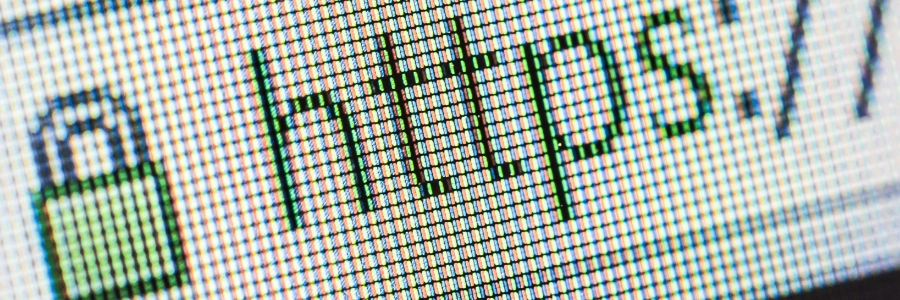Passwords are one of your business's main lines of defense against cyberthreats, blocking any unauthorized access to sensitive data and keeping confidential information safe. With cybercrime rates expected to rise further in 2023, it’s more important than ever to make sure that your passwords are secure.
Top password mistakes you shouldn’t be making in 2023
The importance of identity and access management in protecting your business
Going mobile? Here’s how to make sure you stay PHIPA-compliant

If your Ontario business uses mobile devices to collect, store, access, or manage patient data, make sure that it is compliant with the Personal Health Information Protection Act (PHIPA). Gaining PHIPA compliance may seem difficult, but with the help of the right technology and professionals, it can be achieved.
Why HTTPS matters for your cybersecurity
Top security tips for remote workers
Learn why you should only visit HTTPS sites

Everyone uses the internet daily for a variety of reasons: to work, shop, or communicate with other people. Browsing the internet has become so commonplace that we often forget to check whether the websites we visit are safe. Let this serve as a reminder: a website can be deemed safe if the website’s URL has an “S” after the “HTTP.” Learn why that “S” matters.
- 1
- 2



